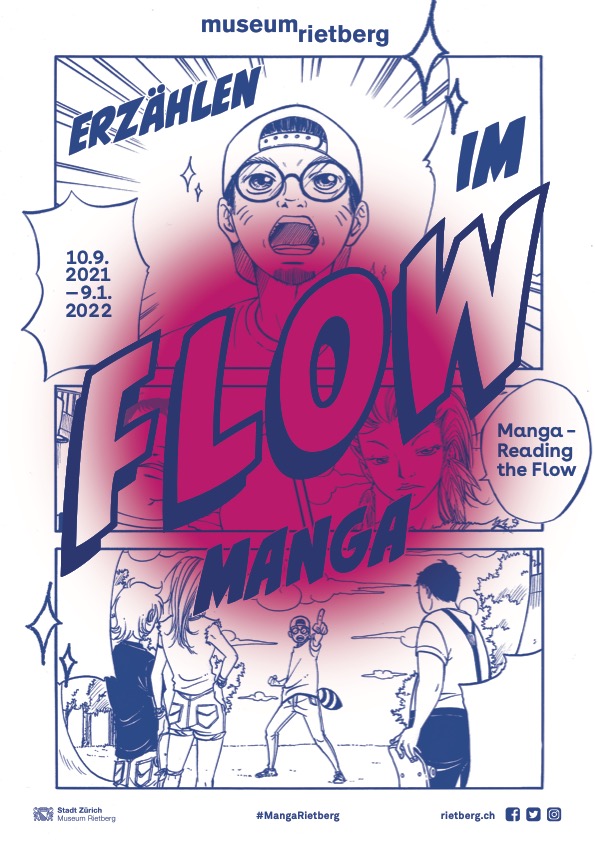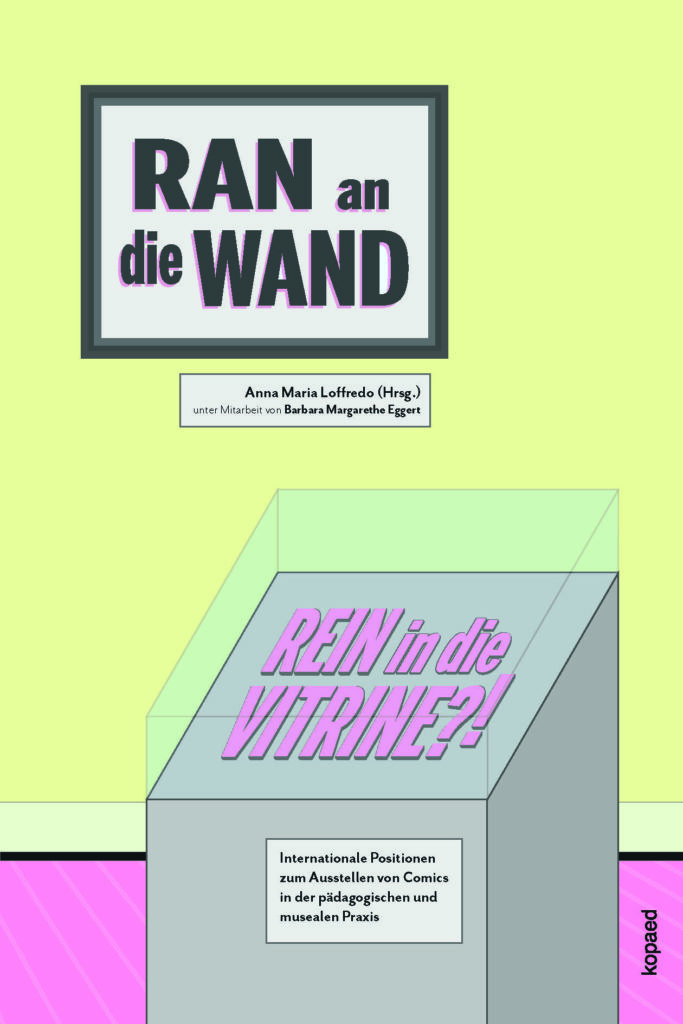in Christina Meyer, Vanessa Ossa & Lukas R.A. Wilde (Hg.): Was war, ist, wird Comicforschung – für uns? 10 Jahre ComFor e.V. als eingetragener Verein Gesellschaft für Comicforschung (ComFor), 2024, S. 32–38. Open Access. http://10.17605/OSF.IO/PDWFH
Tag: manga
“Exhibiting Manga, Representing ‘Japan’” (2024)
in Japanese Art – Transcultural Perspectives, ed. by Melanie Trede, Christine Guth, and Mio Wakita, Leiden: Brill, 2024, pp. 543–565.
http://10.1163/9789004704176_027
“Manga as ‘popular culture’?” — Two (slightly different) essays (2022–23)
(a) 「マンガは「大衆文化」なのか?海外での日本研究におけるマンガの位置づけをめぐって」In: Die Aufgabe der Japanologie: Beiträge zur kritischen Japanforschung, ed. Dorothea Mladenova, Felix Jawinski, und Katrin Gengenbach, Leipzig: Leipziger University Press 2022, 303–320.
(b) _“Manga as ‘Popular Culture’? – Implications of English and Japanese Terminology,” Orientaliska Studier #174 (Japanology issue, ed. by Gunnar Linder), 2023, 7–26.
“More Mangaesque than the Manga: ‘Cartooning’ in the Kimetsu no Yaiba Anime” (2021)
In: Transcommunication, 8(2), 171–178. [September 2021]. ISSN: 2188-4986
Part of Special Issue with contributions by Lukas R.A. Wilde, Stevie Suan, Bryan Hartzheim et al.; ed. by Bryan Hartzheim and Mitsuhiro Yoshimoto for Waseda University, Graduate School of International Culture and Communication Studies.
Exhibition: Manga – Reading the FLOW/ Erzählen im Manga (2021)
Exhibition
9 September 2021 – 30 January 2022, Museum Rietberg Zürich, accompanying the art-historical exhibition Love, Fight, Feast – Dynamics in Japanese Narrative Art
https://rietberg.ch/en/exhibitions/manga_en

Curation. Realized in collaboration with Christina Plaka, Koo Bonwon, and Khanh Trinh.
“Von der privaten Sammlung zur nationalen Datenbank: Mangaarchive in Japan” (2021)
In: Comics und Archive, hrsg. v. Anna Stemmann und Felix Giesa, Berlin: Christian A. Bachmann Verlag 2021, pp. 97–112.
Review: Manga マンガ (exh.cat., The British Museum, 2019)
Print Quarterly, xxxvii, 4, 2020, 483–485.
“Deviating from ‘Art’: Japanese Manga Exhibitions 1990–2015” (2020)
In: Comic Art in Museums, edited by Kim Munson, University Press of Mississippi, 2020, pp. 178–191.
“Mangaesque” (web)
in Japanese Media and Popular Culture: An Open-Access Digital Initiative of the University of Tokyo, ed. by Jason G. Karlin, Patrick W. Galbraith and Shunsuke Nozawa [3,000 words]
https://jmpc-utokyo.com/keyword/mangaesque/
“Design als Konzept? Zum Sinn und Zweck von Manga-Ausstellungen” (2020)
in “Ran an die Wand, rein in die Vitrine?” Internationale Positionen zum Ausstellen von Comics in der pädagogischen und musealen Praxis, edited by Anna Maria Loffredo & Barbara M. Eggert, München: kopaed, 2020, S. 98–108.
[cancelled due to corona crisis: conference at Kunstuniversität Linz, March 2020]

